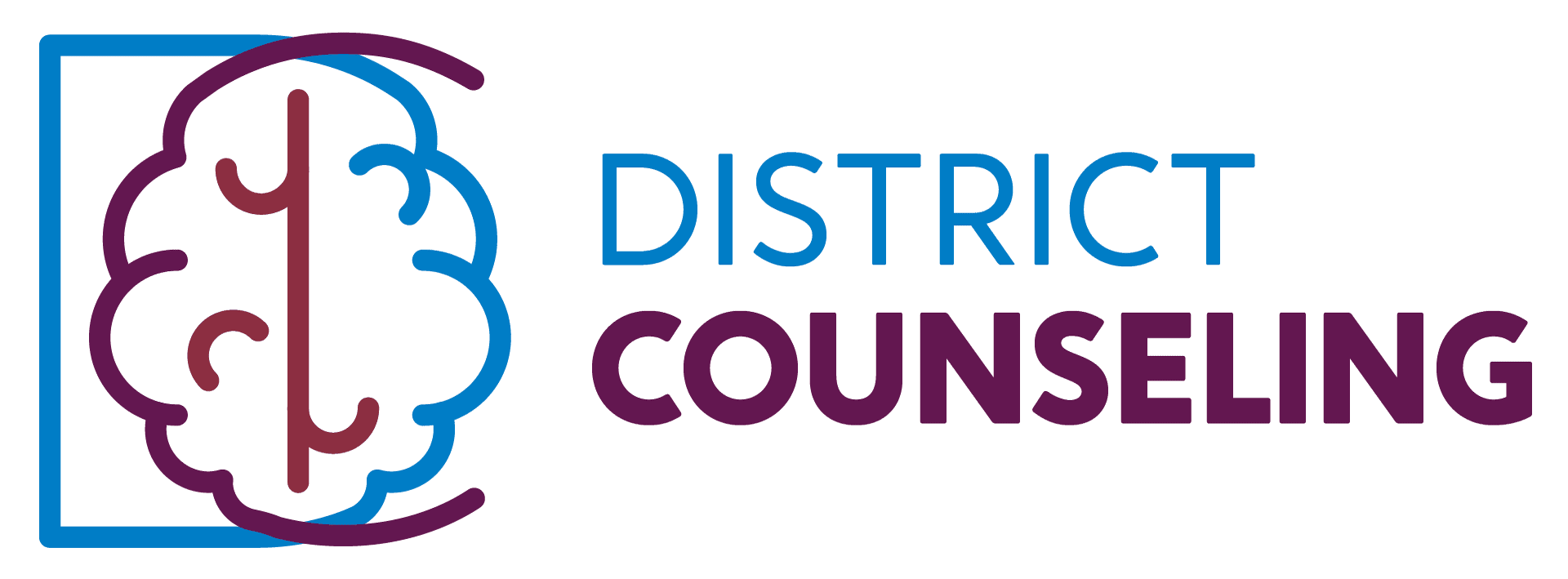It’s Friday in Texas. The hum of the workweek is hopefully fading, replaced by the promise of two days to breathe, connect, and recharge. But for many, the line between work life and real life has become so blurred that the weekend feels less like a reprieve and more like a brief pause before the next sprint. If you’re feeling this way, you are far from alone.
A major 2025 Work-Life Balance Study recently revealed a seismic shift in the workforce: for the first time, employees are ranking a healthy work-life balance as more important than salary. More than half of workers have even left a job because it failed to offer this crucial equilibrium. This isn’t just a trend; it’s a declaration. After years of navigating an “always-on” culture, people are recognizing that their mental health is not a negotiable perk. Yet, knowing you need balance and achieving it are two different things, especially when the very structure of our world seems to create a constant, low-grade hum of anxiety.
The Invisible Weight of Our Interconnected World
Have you ever felt a sense of dread or anxiety without being able to pinpoint the exact cause? Often, we internalize stress from large, systemic issues that feel far beyond our control. Recent years have pulled back the curtain on the fragility of global systems, like supply chains. The struggle to get everyday goods, from car parts to baby formula, has shown us just how interconnected—and vulnerable—we are.
This exposure to systemic brittleness has a tangible effect on our mental health. Psychologists refer to the “locus of control,” which is the degree to which you believe you have power over the events in your life. When global disruptions occur, our sense of control diminishes, which is strongly correlated with a rise in anxiety and depression. The constant pressure, tight deadlines, and unexpected disruptions inherent in many industries create a work environment fraught with stress. This feeling—that vast, impersonal forces are impacting your daily peace—isn’t just in your head. It’s a legitimate psychological response to an unstable world, and it makes truly disconnecting for the weekend incredibly difficult. It’s a common topic of conversation for those seeking **counseling in Texas**, as more people grapple with these pervasive feelings of uncertainty.
Firewalling Your Weekend: 3 Actionable Steps to Reclaim Your Time
Recognizing the source of this stress is the first step. The next is to build intentional buffers, or a “firewall,” that protects your weekend peace. This isn’t about ignoring the world’s problems, but about creating sacred space for your own well-being so you can face the next week with resilience.
Here are three practical ways to prepare for a restorative weekend:
1. Conduct a “Work-Life Autopsy” for the Week.** Before you shut down your computer today, take 15 minutes to reflect. Don’t just make a to-do list for Monday. Instead, ask yourself narrative-based questions.
* *Journal Prompt:* “What moment this week drained the most of my energy? What moment made me feel the most energized or proud?”
* *Action:* By identifying these peaks and valleys, you’re not just logging hours; you’re understanding your emotional expenditure. This awareness is the first step to setting better boundaries. If you find the same energy vampires appearing week after week, it may be a sign that a deeper conversation is needed, perhaps with a **Therapist in Houston** who can help you develop strategies for managing these recurring stressors.
2. Schedule Your “Nothing.”** In a world that glorifies the hustle, intentionally scheduling unscheduled time is a radical act of self-preservation. Look at your Saturday and Sunday. Is every moment filled with chores, social obligations, or kids’ activities?
* *Action:* Block out at least one two-hour window on your calendar and label it “Protected Time.” This isn’t for errands or “shoulds.” It’s for whatever feels restorative in that moment—reading a book, walking in a park, listening to music, or simply doing nothing at all. Defend this time as fiercely as you would a crucial work meeting.
3. Create a “Digital Sunset.“** The “always-on” feeling is largely fueled by our devices. The blue light, the constant pings, the endless scroll—they keep our brains in a state of high alert, making it difficult to transition into a restful state.
* *Action:* Choose a specific time on Friday evening to enact a “digital sunset.” This means turning off work email notifications on your phone (or deleting the app entirely for the weekend), silencing group chats, and putting your phone away in another room for at least an hour before bed. This small ritual sends a powerful signal to your brain: the workday is officially over. For those whose anxiety or depression is significantly tied to this digital tether, understanding treatment options through **Psychiatry in Houston** can be a life-changing step toward managing these

Arely Ambriz
November 14, 2025
Houston, We Have a Weekend: Navigating Your Final Descent into Work-Life Balance
Discover how global crises impact your well-being and learn practical grounding techniques like 5-4-3-2-1 to manage anxiety and compassion fatigue in a fast-paced world....

Arely Ambriz
November 13, 2025
Beyond ‘Please’ and ‘Thank You’: How World Kindness Day Reveals the Secret to a Stronger Relationship
Discover how global crises impact your well-being and learn practical grounding techniques like 5-4-3-2-1 to manage anxiety and compassion fatigue in a fast-paced world....

Arely Ambriz
November 12, 2025
Finding Your Footing When the World Feels Heavy
Discover how global crises impact your well-being and learn practical grounding techniques like 5-4-3-2-1 to manage anxiety and compassion fatigue in a fast-paced world....

Arely Ambriz
November 11, 2025
Beyond the Parade: A Veteran’s Silent Battle in the Breakroom
Help veterans navigate civilian transition. Learn about mental health challenges, workplace integration, and crucial support like counseling and psychiatry in Texas....

Arely Ambriz
November 10, 2025
When the Storm Hits on a Monday: Finding Your Way Back to a New Beginning
Discover resilience in the face of life’s storms. Whether it’s Typhoon Fung-wong’s aftermath or personal challenges, learn how to rebuild with courage, small steps, and community support. Explore actionable strategies...

Arely Ambriz
November 6, 2025
Beyond the Screen: Are Our Digital Habits Silently Harming Our Relationships?
Combat mid-week stress and “mental smog” with actionable strategies like box breathing and worry windows. Learn when to seek professional support from a therapist or psychiatrist in Texas or Houston...

Arely Ambriz
November 5, 2025
When the Air Isn’t Clear: Managing Mid-Week Stress in a Hazy World
Combat mid-week stress and “mental smog” with actionable strategies like box breathing and worry windows. Learn when to seek professional support from a therapist or psychiatrist in Texas or Houston...

Arely Ambriz
November 4, 2025
Beyond the Burnout: Answering Your Top Questions About Workplace Stress in Texas
Work stress impacting your well-being? Learn to identify “too much” stress, how managers can support mental health, and confidential options for help. Prioritize your well-being....

Arely Ambriz
November 3, 2025
The Day You Choose a Different Path: Finding Your Courage for a New Beginning
Discover the courage to embrace new beginnings. Learn to acknowledge endings, chart your path, and find the mental fortitude to transform your life, with support from professionals in Texas....

Arely Ambriz
October 31, 2025
Your Weekend is Calling, But Is Your Brain Answering? How to Unplug in an Over-plugged World
Learn how Orson Welles’ infamous “War of the Worlds” broadcast can teach you to avoid miscommuniLearn how to reclaim your weekends and disconnect from work with practical strategies like creating...

